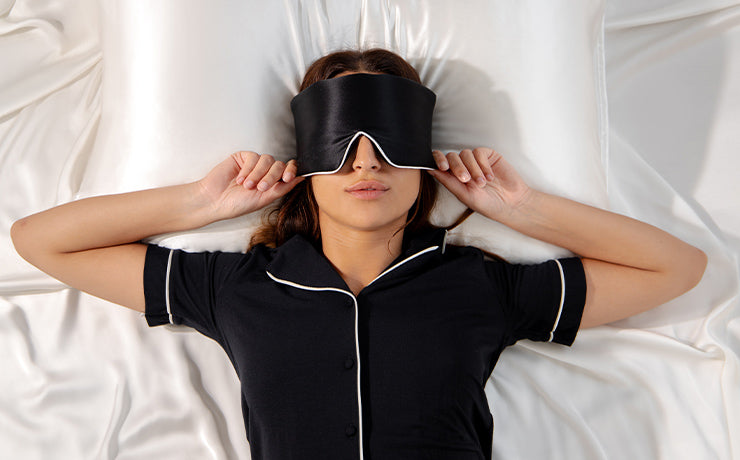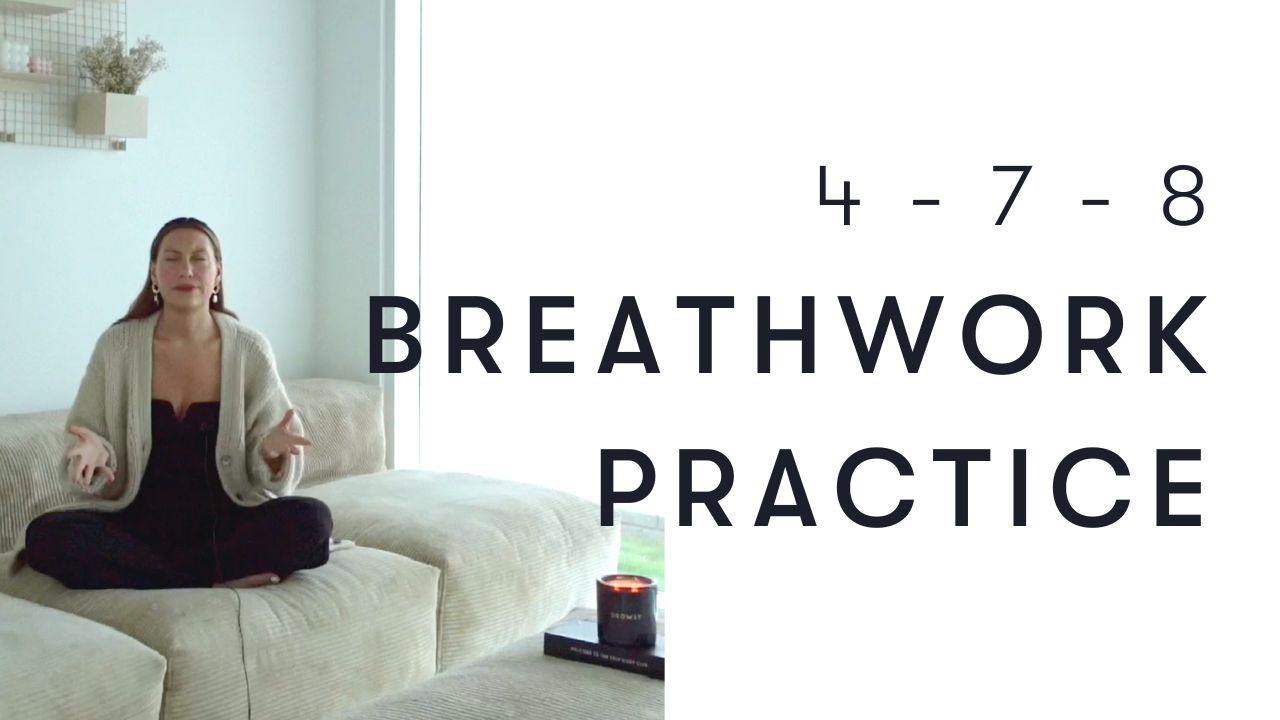Menopause can wreak havoc on your sleep. Here are some tips to help.
Perimenopause (when your body starts the shift into menopause) and menopause (when you stop having periods) can mark some pretty big changes in a woman’s life, and body. It’s a natural transition that tends to happen through your 40s and 50s – and in some cultures, it is considered the ‘second spring’. While we love the notion that this is the time for a woman to thrive, embrace her freedom and feel embodied, we also acknowledge that the physical symptoms can be a bit rough. Hormones change, moods swing, bodies sweat, and sleep becomes collateral damage.
But we have some tips to make the transition a little easier – and give you the best chance of hanging on to your sleep and thriving in your second spring.
As you move into menopause, estrogen and progesterone production drops significantly. This can cause the most commonly reported symptom: the dreaded hot flash. But it can also bring about other sleep-related challenges:

Challenge 1 - Night sweats:
From the infamous hot flashes come the night sweats. Where you might feel too hot to sleep, and too sweaty to ignore it.
Tip:
Keep your bedroom cool and well-ventilated – 18 degrees celsius is known to be the optimal sleeping temperature. Stay hydrated. And use moisture-wicking sheets in natural fibres (flax linen is best, cotton is also good) to help regulate your body temperature. A silk pillowcase will help too, of course.

Challenge 2 - Fragmented sleep:
Hormonal imbalances and heightened anxiety levels may cause problems falling asleep or staying asleep through the night. Overnight wake-ups become more common during menopause, so making sure you can easily and quickly return to sleep is key.
Tip:
Try some vagus nerve stimulation techniques to keep your cortisol levels low, and your nervous system relaxed so you’re able to fall back to sleep before you even notice you’re awake. Breathwork, cold showers (or ice baths if you have the luxury!), meditation and even humming or singing to yourself are all known to help.

Challenge 3 - Mood swings:
Sleep disturbances can take a toll on emotional well-being, contributing to mood swings, irritability, and increased stress levels. And your hormone changes are likely to increase your risk of anxiety.
Tip:
Regular exercise and a balanced diet can really help here. Avoid sugar (which can wreak havoc on your mood) and eat a mix of whole grains, fruits, vegetables and lean proteins. Try not to eat a heavy meal close to bedtime, because you want your digestive system to rest.
Reducing stress as much as possible can be a gamechanger for a good night’s sleep – no matter what your symptoms – so consider adding regular massages, yoga or those vagus nerve stimulation ideas into your routine as much as you can.
A regular nighttime routine we love involves a warm bath by the glow of a Sleep Ritual Candle, followed by a spritz of Sleep S.O.S Pillow Spray on one of our cooling silk pillowcases.
And finally: be gentle with yourself while your body is figuring itself out in this new phase. You’ve got this.





